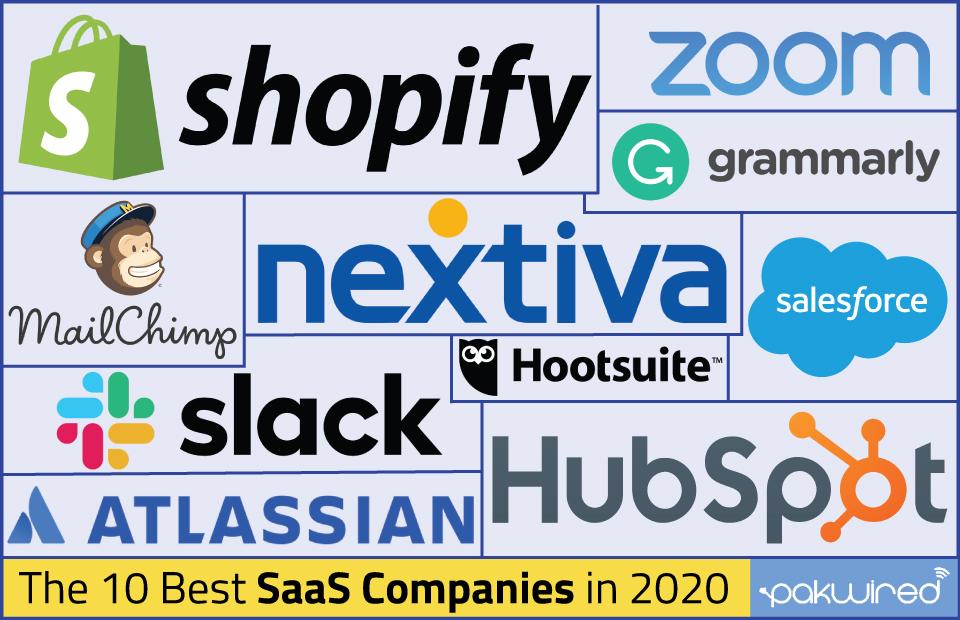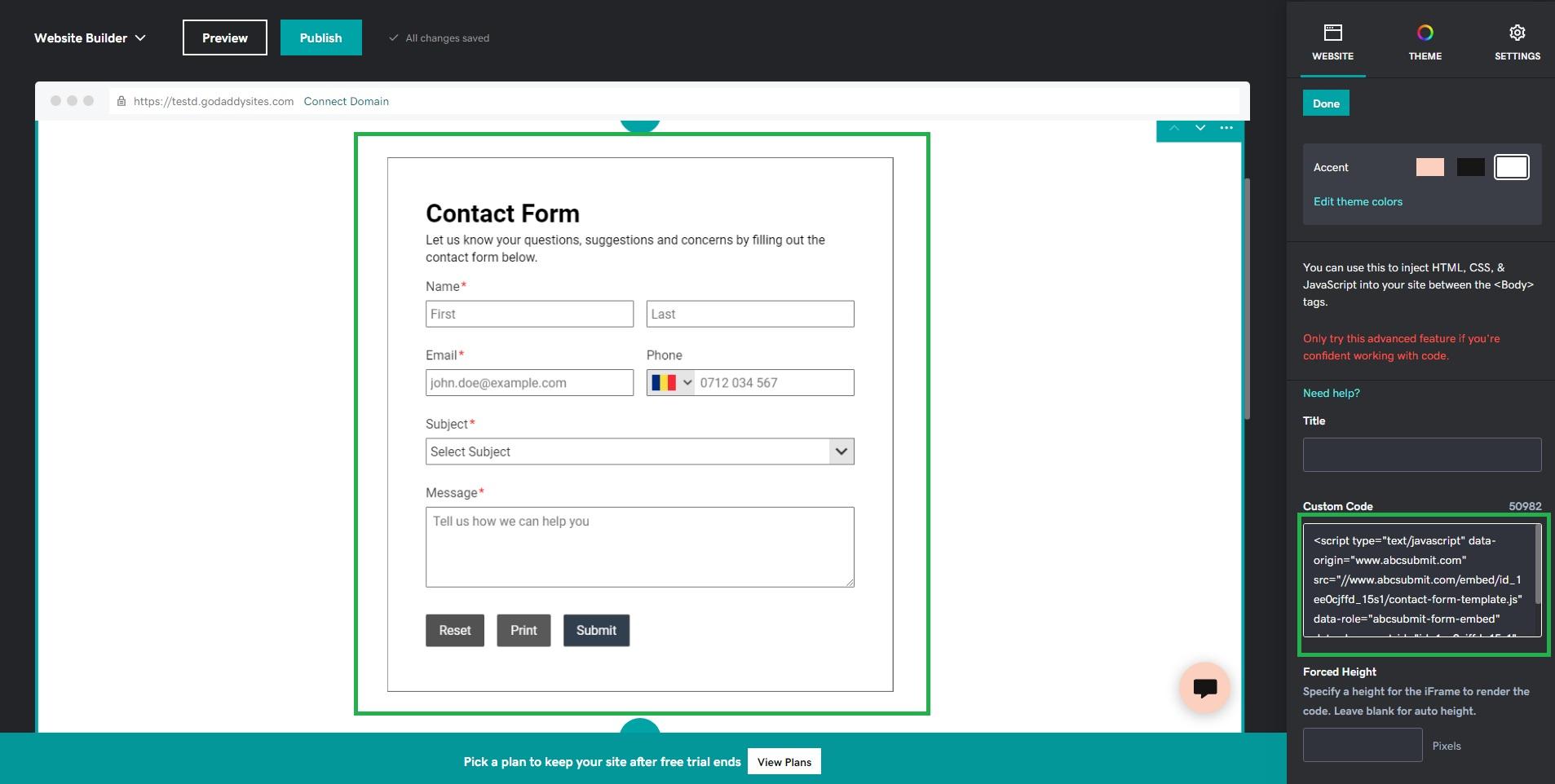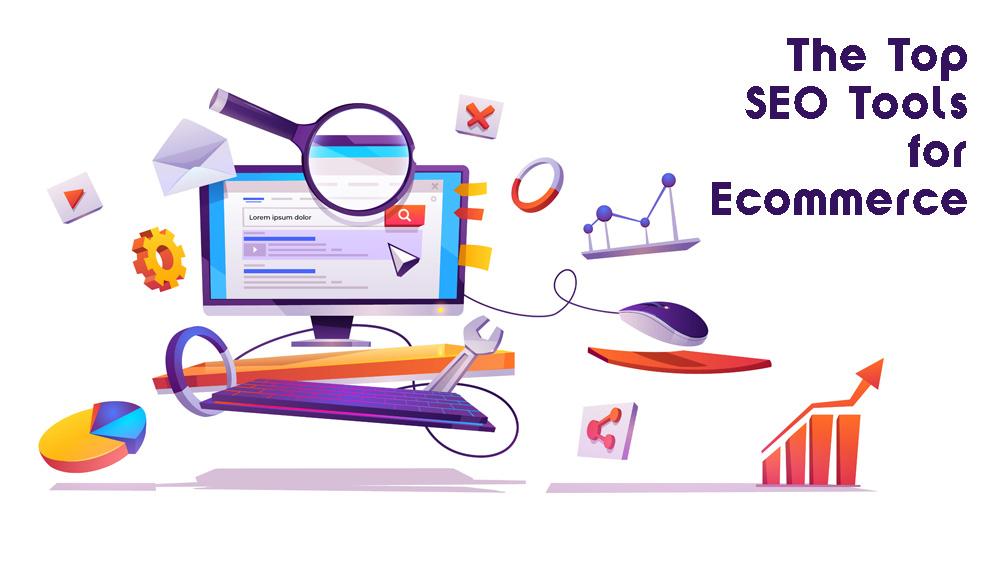
Are you ready to take your online store to new heights? In today’s digital marketplace, simply launching your eCommerce site isn’t enough; you need to stand out in the crowd. That’s where search engine optimization (SEO) comes into play. Think of SEO as the secret sauce that can propel your online store to the top of search engine results, making it easier for potential customers to find you. But with so many tools available, how do you know which ones will truly make a difference?
Fear not! In this article, we’ll explore the 12 best eCommerce SEO tools that can supercharge your store’s rankings and drive more traffic to your site. Whether you’re a seasoned pro or just starting out, these tools are designed to help you optimize your site, analyze your competition, and ultimately boost your sales. So, buckle up and get ready to transform your eCommerce strategy into a powerhouse of online visibility!
Understanding the Importance of SEO for Ecommerce Success
When it comes to running an ecommerce business, search engine optimization (SEO) is not just a luxury; it’s a necessity. The digital marketplace is incredibly competitive, and without a solid SEO strategy, your online store risks getting lost in the shuffle. Understanding why SEO is crucial can help you make informed decisions that enhance your visibility and drive traffic to your site.
One of the primary reasons SEO is vital for ecommerce is its ability to improve organic search visibility. Consumers increasingly turn to search engines to find products they want, and if your store isn’t appearing on the first page of search results, you’re missing out on valuable traffic. Each position that your page moves up in search results can significantly increase your click-through rate (CTR), leading to more potential sales.
Moreover, effective SEO strategies enhance the user experience. Search engines prioritize sites that provide value to users, which means optimizing your site’s speed, mobile responsiveness, and navigation structure. A well-optimized site not only earns favor from search engines but also encourages users to stay longer, explore products, and ultimately make a purchase.
Additionally, SEO helps in building brand credibility and trust. Consumers tend to trust businesses that appear at the top of search results. By implementing SEO best practices, you not only improve your rankings but also enhance your brand’s reputation in the eyes of potential customers. A trustworthy brand is more likely to convert visitors into loyal customers.
Another critical aspect is the role of SEO in targeting the right audience. By using keyword research tools and analytics, you can uncover the specific terms and phrases that potential customers are searching for. This targeted approach allows you to craft content and product descriptions that speak directly to your audience’s needs and interests, increasing the likelihood of conversion.
Utilizing the right SEO tools can streamline your efforts and maximize your results. Here’s a quick overview of some essential features to look for in ecommerce SEO tools:
| Feature | Description |
|---|---|
| Keyword Research | Identify high-traffic keywords relevant to your products. |
| Site Audits | Analyze your site’s health and identify optimization opportunities. |
| Competitor Analysis | Gain insights into your competitors’ strategies and performance. |
| Backlink Monitoring | Track and manage the backlinks pointing to your site. |
integrating SEO into your ecommerce strategy is essential for long-term success. By improving your site’s visibility, enhancing user experience, and targeting the right audience, you position your online store for sustainable growth. Investing time and resources into effective SEO tools can deliver significant returns, making it a smart strategy for any ecommerce entrepreneur.
Key Features to Look for in Ecommerce SEO Tools
When selecting the right ecommerce SEO tools, it’s essential to focus on features that will truly enhance your online store’s visibility and performance. Here are some key attributes to consider:
- Keyword Research Capabilities: Look for tools that provide extensive keyword analysis, including search volume, competition levels, and long-tail keyword suggestions. This will enable you to identify the best keywords to target for your products.
- On-Page Optimization Features: Choose tools that offer on-page SEO checklists and recommendations. Features should include analysis of title tags, meta descriptions, header tags, and image alt texts.
- Site Audit Functionality: A robust site audit feature will help you identify technical issues affecting your ecommerce site. Look for tools that can detect broken links, duplicate content, and site speed issues.
- Competitor Analysis: Understanding your competition is vital. The right tool should allow you to analyze competitors’ keywords, backlink profiles, and overall SEO strategies, giving you insights to outperform them.
- Integration with Analytics: Opt for SEO tools that seamlessly integrate with Google Analytics, Google Search Console, and other analytics platforms. This will provide you with comprehensive data for informed decision-making.
- Content Optimization: Tools that offer content optimization features can help you create high-quality, SEO-friendly product descriptions and blog posts. Look for those that provide readability scores and keyword density tracking.
- Link Building Tools: Strong backlink profiles are crucial for SEO success. A good SEO tool should assist in finding backlink opportunities and provide tracking for your existing backlinks.
- Local SEO Features: If your ecommerce business serves specific geographical areas, ensure the tool includes local SEO features, such as local keyword research and Google My Business integration.
- User-Friendly Interface: An intuitive interface can significantly enhance your experience. Look for tools that are easy to navigate, so you can focus on optimizing your site rather than struggling with complex software.
By focusing on these key features, you can ensure you select ecommerce SEO tools that not only suit your needs but will also provide a solid foundation for boosting your online store’s search rankings.
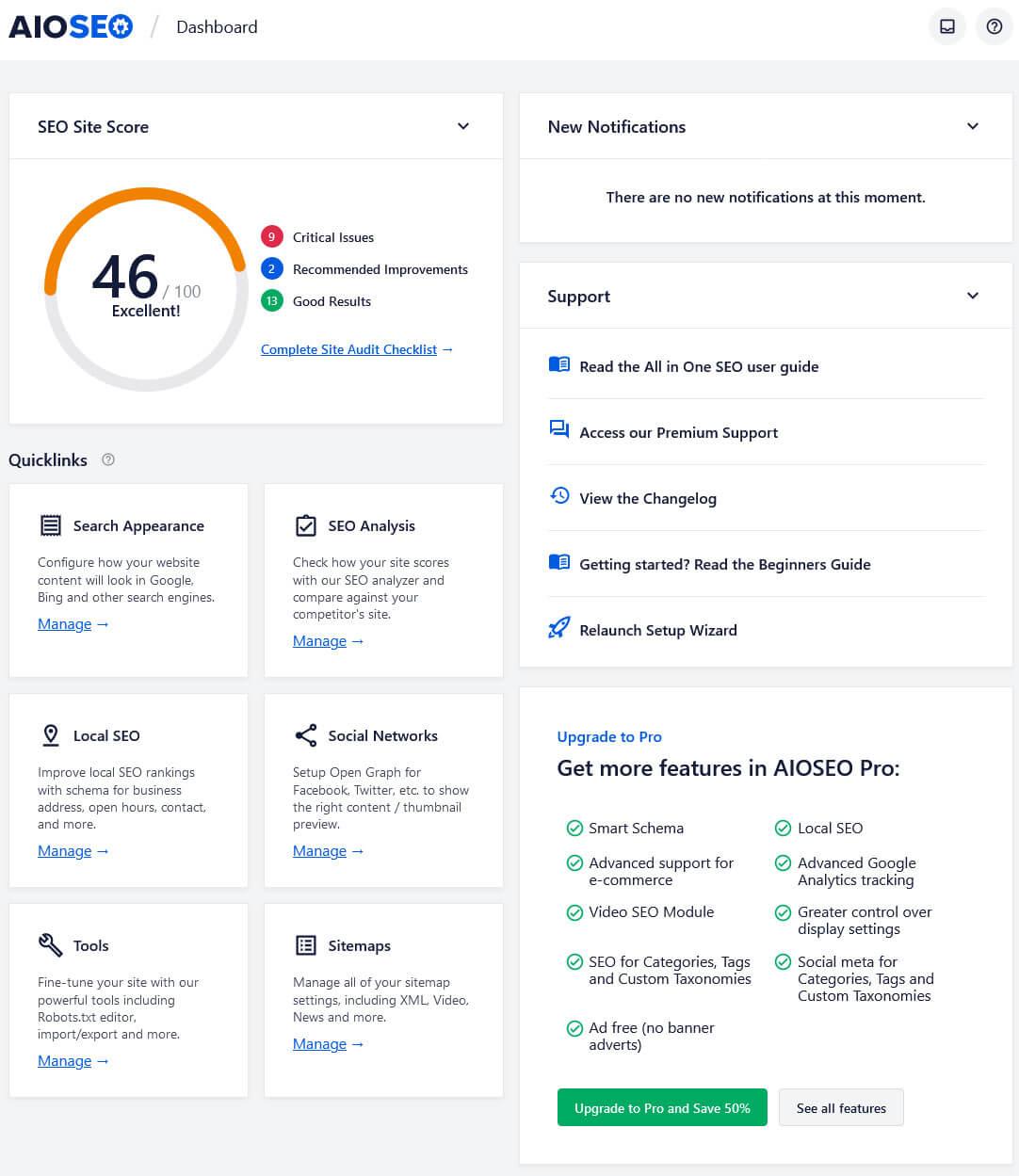
Top All-in-One SEO Tools for Comprehensive Analysis
When it comes to optimizing your eCommerce site, having the right tools at your disposal can make all the difference. All-in-one SEO tools provide a robust set of features that allow you to analyze, strategize, and improve your website’s visibility all in one place. These tools can help you identify gaps in your current strategy, discover new keywords, and monitor your competitors, ensuring you stay ahead in the competitive online marketplace.
Here are some of the top all-in-one SEO tools that stand out for their comprehensive analysis capabilities:
- SEMrush: A powerhouse in the SEO world, SEMrush offers a wide array of features including keyword research, site audits, and competitor analysis. Its intuitive interface makes it easy to navigate, even for beginners.
- Ahrefs: Known for its extensive backlink analysis, Ahrefs also provides tools for keyword research, content exploration, and rank tracking. It’s particularly useful for eCommerce sites looking to boost their link-building strategies.
- Moz Pro: With its user-friendly dashboard, Moz Pro covers everything from site audits to keyword tracking. The tool also includes unique features like the MozBar browser extension, which allows for on-the-go analysis.
- Yoast SEO: Perfect for those using WordPress, Yoast offers real-time content analysis and SEO recommendations. It’s an essential tool for ensuring your product pages are fully optimized.
- Ubersuggest: This tool offers a budget-friendly option for small eCommerce businesses. Ubersuggest provides keyword suggestions, domain analysis, and content ideas, making it a versatile addition to your SEO toolkit.
One of the significant advantages of using an all-in-one tool is the ability to centralize your marketing efforts. Many of these platforms offer integration with various marketing channels, allowing you to streamline your processes and focus more on strategy than on logistics.
To give you a clearer picture, here’s a quick comparison of some leading SEO tools based on their key features:
| Tool | Keyword Research | Backlink Analysis | Site Audits | Competitor Analysis |
|---|---|---|---|---|
| SEMrush | ✅ | ✅ | ✅ | ✅ |
| Ahrefs | ✅ | ✅ | ✅ | ✅ |
| Moz Pro | ✅ | ❌ | ✅ | ✅ |
| Yoast SEO | ✅ | ❌ | ✅ | ❌ |
| Ubersuggest | ✅ | ❌ | ✅ | ✅ |
Investing in a comprehensive SEO tool not only enhances your website’s performance but also saves you time and resources in the long run. With the right insights and data at your fingertips, you can make informed decisions that lead to increased traffic and sales. Whether you’re just starting out or looking to refine your existing strategy, these all-in-one tools can provide the crucial support you need to elevate your eCommerce store’s search engine rankings.
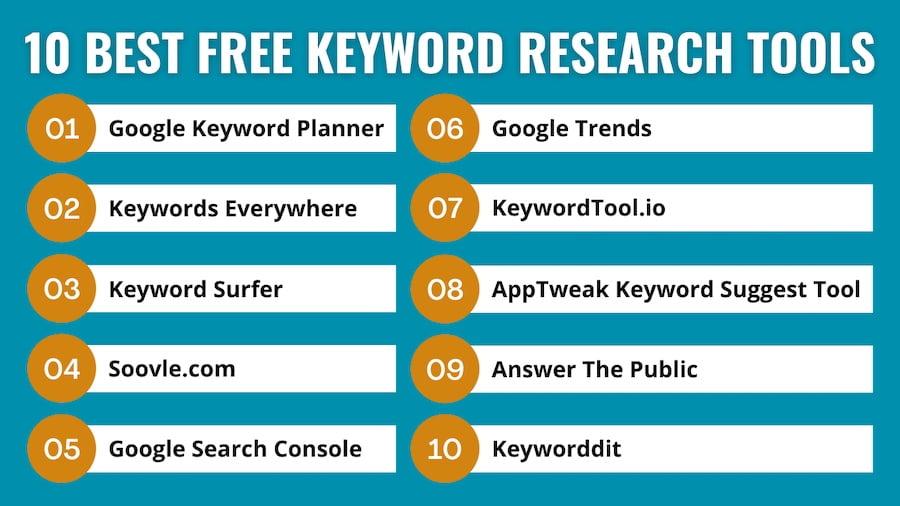
Must-Have Keyword Research Tools for Online Stores
When it comes to optimizing your online store for search engines, having the right keyword research tools at your disposal is essential. These tools not only help you identify the best keywords to target but also provide insights into search trends, competition, and customer behavior. Here are some must-have keyword research tools that every online store owner should consider:
- Google Keyword Planner – A classic choice that offers valuable data on search volume and competition. It’s free and integrates well with other Google services.
- SEMrush – A comprehensive tool that provides keyword suggestions, competitor analysis, and even SEO audits to help refine your strategy.
- Ahrefs – Known for its extensive backlink analysis, Ahrefs also offers a robust keyword explorer that can uncover hidden opportunities for your niche.
- Ubersuggest - This user-friendly tool gives insights into keyword suggestions, content ideas, and even site audits, making it perfect for beginners and experienced marketers alike.
- KWFinder – A great tool for finding long-tail keywords with low competition, KWFinder helps you dive deeper into niche markets.
Using these tools, you can enhance your keyword strategy significantly. For instance, Google Keyword Planner helps you understand the potential reach of specific keywords, while SEMrush allows you to spy on your competitors, revealing which keywords are driving traffic to their sites. This can help you identify gaps in your own keyword strategy.
Keyword research isn’t just about finding high-volume keywords; it’s also about understanding user intent. Tools like Ubersuggest and Ahrefs provide insights into what your audience is searching for, enabling you to create content that aligns with their needs. Moreover, contextual keyword suggestions can lead to better conversion rates since you’re meeting customers where they are in their buyer journey.
Another aspect to consider is the localization of keywords. If your online store serves specific regions, tools like Google Keyword Planner can also help you find region-based keywords that can drive local traffic. Pair this with high-quality, localized content, and you’ll see a significant boost in your visibility.
To make the most out of these tools, it’s important to track their performance. Regularly update your keyword lists based on seasonal trends and emerging products. Consider using a table to organize and track your keyword performance over time:
| Keyword | Search Volume | Competition | Rank |
|---|---|---|---|
| Example Keyword 1 | 1,500 | Medium | 5 |
| Example Keyword 2 | 2,300 | High | 12 |
| Example Keyword 3 | 800 | Low | 3 |
Incorporating these must-have keyword research tools into your SEO strategy can yield substantial results. By understanding keywords from different angles—volume, competition, and user intent—you can create a well-rounded approach that drives traffic to your online store and boosts your rankings effectively.
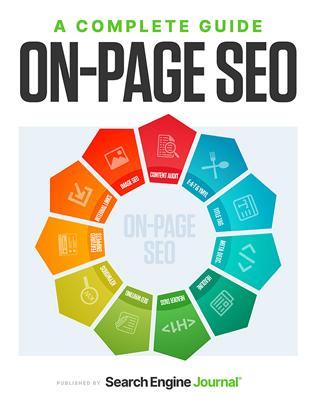
Maximizing Your On-Page SEO with the Right Tools
In the competitive world of ecommerce, mastering on-page SEO is vital for improving your online store’s visibility and driving traffic. Utilizing the right tools can streamline this process, making it easier to optimize your product pages, improve user experience, and ultimately boost your rankings on search engines. Here’s how you can leverage various tools to maximize your on-page SEO efforts.
First off, keyword research is the backbone of any effective SEO strategy. Tools like Ahrefs and SEMrush can help you discover high-traffic keywords relevant to your products. This not only informs your content creation but also aids in selecting the right terms to include in your product descriptions, titles, and meta tags. By incorporating these keywords naturally, you can enhance your chances of appearing in search results.
Once you’ve identified your target keywords, it’s crucial to optimize your content accordingly. Plugins like Yoast SEO for WordPress can guide you through the optimization process, providing suggestions for keyword placement, readability, and meta descriptions. This user-friendly tool can demystify SEO for store owners, allowing you to focus more on your products while ensuring your pages are search-engine friendly.
Another essential aspect of on-page SEO is ensuring that your images are optimized. Tools like ImageOptim and TinyPNG can reduce image file sizes without sacrificing quality, which is vital for site speed—an important ranking factor. Additionally, always remember to use descriptive alt text for your images, which assists not only with SEO but also improves accessibility for visually impaired users.
Link building within your site is another effective strategy to enhance your on-page SEO. Creating internal links between relevant products or blog posts can help distribute page authority across your site and keep visitors engaged longer. Tools like Link Whisper can automate this process, suggesting relevant internal links as you create or edit content. This not only helps with SEO but also improves the user journey on your site.
Ensuring your site is mobile-friendly is no longer optional. With a significant portion of ecommerce traffic coming from mobile devices, tools like Google’s Mobile-Friendly Test can help you determine if your site meets the necessary criteria. Investing in responsive design is key to capturing this audience and improving your rankings on mobile search results.
Lastly, don’t overlook the importance of site speed. Tools like Google PageSpeed Insights can provide you with actionable insights to improve your loading times, such as minimizing HTTP requests or utilizing browser caching. A faster site not only enhances user experience but also impacts your SEO rankings positively.
Utilizing these tools effectively will not only enhance your on-page SEO but also pave the way for sustainable growth in your ecommerce business. By continuously monitoring and optimizing your pages, you’ll stay one step ahead in the ever-evolving landscape of online retail.
Essential Tools for Tracking Your SEO Performance
Tracking your SEO performance is fundamental to understanding how well your ecommerce store is doing in the vast digital landscape. While creating great content and optimizing your site are crucial, monitoring your progress and adjusting your strategies accordingly can make all the difference. Here are some essential tools that can help you keep an eye on your SEO metrics.
- Google Analytics: This is the go-to tool for tracking website traffic and user behavior. You can set up goals to measure conversions, which is particularly important for ecommerce sites.
- SEMrush: A comprehensive SEO tool that offers insights on keyword performance, competitor analysis, and site health checks. It’s invaluable for uncovering opportunities to improve your rankings.
- Ahrefs: Known for its powerful backlink analysis capabilities, Ahrefs also offers keyword tracking and content gap analysis, making it easier to see what your competitors are doing right.
- Google Search Console: This free tool provides insights into how your site appears in Google search results. You can track performance metrics, identify indexing issues, and see which queries bring users to your site.
Each of these tools provides unique insights that can guide your SEO strategy. However, it’s essential to integrate data from multiple sources for a more comprehensive view of your performance.
| Tool | Key Features | Best For |
|---|---|---|
| Google Analytics | Traffic monitoring, conversion goals, user behavior | Overall traffic analysis |
| SEMrush | Keyword research, competitor analysis, SEO audits | In-depth SEO planning |
| Ahrefs | Backlink tracking, content analysis, rank tracking | Link-building strategies |
| Google Search Console | Performance tracking, indexing issues, mobile usability | Technical SEO insights |
In addition to these top-tier tools, consider using Keyword Planner for discovering new keywords and Moz Pro for tracking site rankings over time. Both tools complement your primary analytics by providing additional layers of data.
- Keyword Planner: Ideal for uncovering new keyword opportunities to target.
- Moz Pro: Offers advanced rank tracking and site audits to ensure your SEO efforts are paying off.
remember to regularly review your metrics and adjust your strategies based on what the data is telling you. By leveraging these essential tools, you’ll be well on your way to enhancing your ecommerce store’s visibility in search engines, driving more traffic, and ultimately increasing sales.

Boosting Your Site Speed and User Experience
In today’s fast-paced digital landscape, ensuring your eCommerce site loads quickly is more important than ever. A faster site not only enhances user experience but also plays a crucial role in your search engine rankings. Users are less likely to stick around if they encounter slow loading times, leading to high bounce rates and lost sales opportunities.
To optimize your site speed, consider implementing the following strategies:
- Image Optimization: Large images can significantly slow down your site. Use tools like ImageOptim or TinyPNG to compress images without sacrificing quality.
- Minify CSS and JavaScript: Reducing the size of your CSS and JS files can dramatically improve load times. Tools like Minify or UglifyJS can help with this.
- Utilize Browser Caching: Caching allows users to load your site faster on subsequent visits. Implement caching solutions like W3 Total Cache or WP Super Cache.
- Content Delivery Network (CDN): Use a CDN to distribute your site’s content across multiple servers around the globe, ensuring faster load times for users no matter their location.
In addition to speed, user experience is a vital aspect of eCommerce success. A well-designed site keeps customers engaged, encouraging them to browse and ultimately make purchases. Here are some user experience enhancements you can implement:
- Responsive Design: Ensure your site looks great on all devices—mobile, tablet, or desktop. A responsive design adapts to different screen sizes, providing a seamless experience.
- Easy Navigation: Make it simple for users to find what they’re looking for. Use clear menus, filters, and search functions to help customers effortlessly browse your products.
- Streamlined Checkout Process: A complicated checkout can lead to cart abandonment. Simplify the process by minimizing steps and offering guest checkout options.
- Clear Call-to-Actions (CTAs): Use CTAs strategically throughout your site. Make sure they stand out and guide users towards taking the desired actions.
To illustrate the impact of site speed and user experience on your eCommerce performance, consider the following table:
| Site Speed | Bounce Rate | Conversion Rate |
|---|---|---|
| 1-2 seconds | 10% | 3.5% |
| 3-5 seconds | 30% | 2.3% |
| 6+ seconds | 50% | 1% |
As this table shows, a decrease in load time can significantly reduce bounce rates and boost conversion rates. Investing time and resources into optimizing your site speed and user experience can have a profound impact on your eCommerce success. Remember, every second counts, and every improvement can be the difference between a customer completing their purchase or leaving your site for good.

Leveraging Competitor Analysis Tools to Stay Ahead
Understanding your competitors is like having a roadmap in a dense forest. Leveraging competitor analysis tools can reveal crucial insights that guide your strategy, helping you navigate your way to the top of search engine rankings. These tools provide in-depth data about what your competitors are doing right and where they might be falling short, enabling you to capitalize on their weaknesses.
One of the most effective ways to enhance your SEO strategy is by identifying the keywords that your competitors are ranking for. By utilizing tools such as SEMrush or Ahrefs, you can uncover high-volume keywords that you may have overlooked. Not only do these tools allow you to analyze keyword difficulty, but they also provide visibility into search trends, giving you an edge in content creation.
Another critical aspect of competitor analysis is backlink profiling. Tools like Moz and Majestic can help you dive deep into the backlink profiles of your competitors. Understanding where their backlinks are coming from can guide your outreach strategy and help you build high-quality backlinks for your own site. After all, backlinks remain a vital ranking factor in SEO, and knowing where to focus your efforts can lead to significant gains in traffic.
It’s also essential to keep an eye on your competitors’ content strategies. By using tools such as BuzzSumo, you can analyze which pieces of content are performing best for your competitors. Look for patterns in topics, formats, and engagement levels. This data can serve as inspiration for your content, allowing you to create highly shareable, relevant articles that can attract your target audience effectively.
Another avenue to explore is social media performance. Tools like Sprout Social or Hootsuite can provide insights into how competitors are engaging with their audience on social platforms. Examine their posting frequency, the types of content they share, and the level of engagement they receive. This intelligence can help you refine your social media strategy and improve your brand’s visibility.
don’t underestimate the power of user experience (UX) analysis. Tools such as SimilarWeb or Crazy Egg can help you gain insights into your competitors’ web traffic, bounce rates, and user engagement metrics. By dissecting their website design and visitor interactions, you can identify elements that resonate with users, allowing you to enhance your own site’s performance.
| Competitor Analysis Tool | Key Feature | Best For |
|---|---|---|
| SEMrush | Keyword and Traffic Analysis | Keyword Research |
| Ahrefs | Backlink Profiling | SEO Auditing |
| BuzzSumo | Content Performance | Content Strategy |
| SimilarWeb | Traffic Insights | Market Analysis |
| Moz | Domain Authority | Link Building |
By actively engaging with these competitor analysis tools, you position your ecommerce store for success. In today’s competitive landscape, it’s not just about keeping up; it’s about staying ahead. Use these insights to refine your strategy, enhance your offerings, and ultimately boost your online store’s rankings.
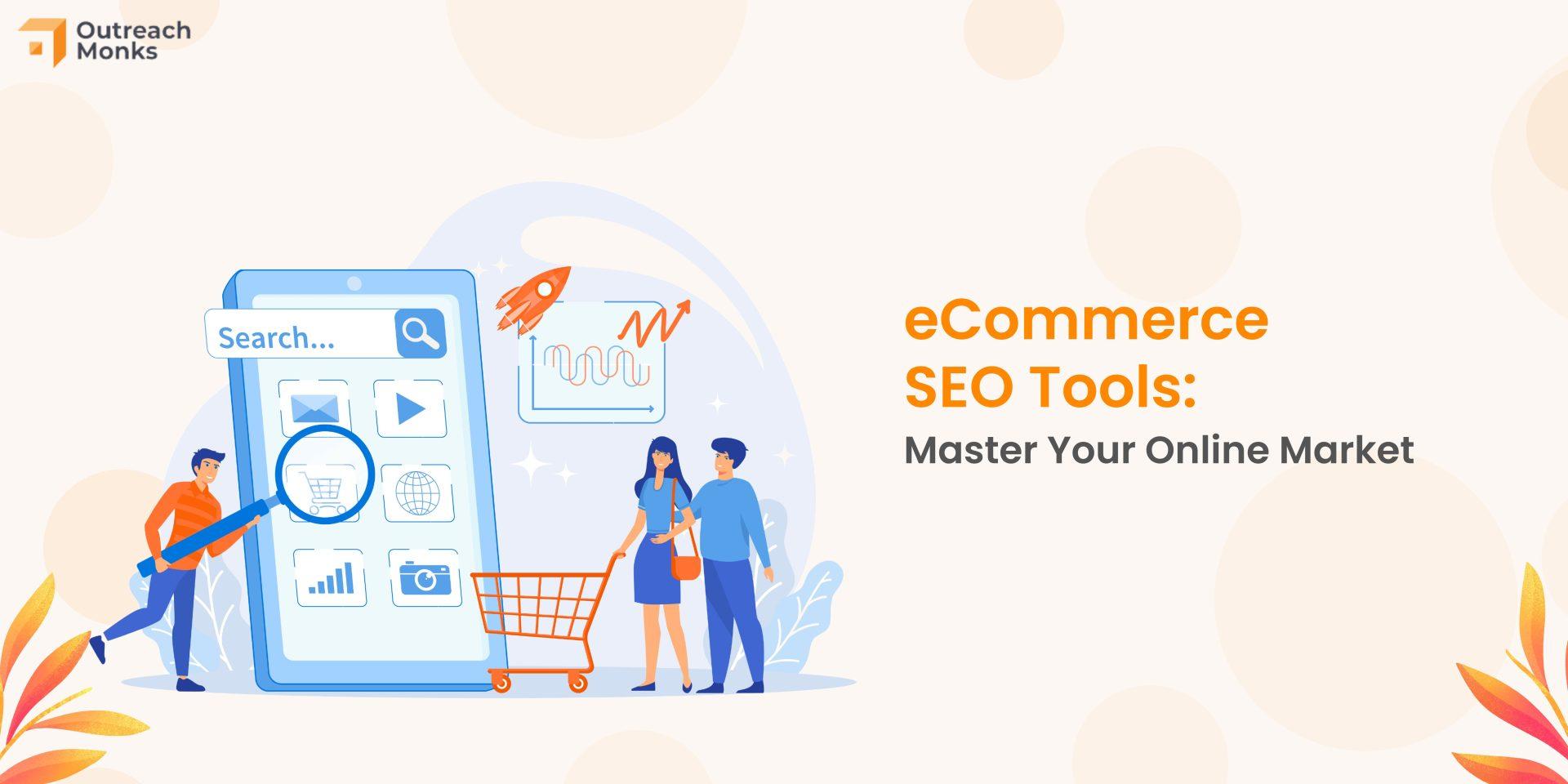
Optimizing Product Pages: Tools That Make a Difference
When it comes to optimizing product pages, having the right tools at your disposal can make all the difference. These tools not only enhance user experience but also significantly improve your SEO efforts, ultimately leading to increased visibility and sales. Here are some of the essential tools that can supercharge your product pages:
- Keyword Research Tools: Understanding what your potential customers are searching for is crucial. Tools like Ahrefs and SEMrush can help you identify high-volume keywords that resonate with your target audience. Use these insights to optimize your product titles, descriptions, and meta tags.
- Image Optimization Tools: High-quality images are vital for eCommerce, but they can slow down your site if not optimized. Tools such as TinyPNG and ImageOptim allow you to compress images without losing quality, leading to faster page load times. Remember, speed is an essential ranking factor!
- SEO Audit Tools: Regularly auditing your product pages ensures they remain optimized. Tools like Moz and Google Search Console help identify issues affecting your SEO performance. From broken links to missing alt tags, these insights are invaluable for continuous improvement.
- Content Management Systems (CMS): Using an optimized CMS like WordPress or Shopify can simplify the process of managing your product pages. With built-in SEO features and plugins like Yoast SEO, these platforms help you follow best practices effortlessly.
Beyond tools, understanding user behavior is crucial for optimizing product pages. Heatmap tools like Hotjar and Crazy Egg provide visual insights into how visitors interact with your pages. This data can inform design changes, such as repositioning CTAs to increase conversions.
Moreover, consider leveraging customer review tools to enhance credibility. Platforms like Yotpo and Trustpilot not only allow for seamless collection of reviews but also improve your SEO by generating user-generated content. This can significantly boost your rankings and drive more organic traffic.
| Tool Category | Recommended Tools | Key Benefits |
|---|---|---|
| Keyword Research | Ahrefs, SEMrush | Identify high-volume search terms |
| Image Optimization | TinyPNG, ImageOptim | Faster loading times |
| SEO Audits | Moz, Google Search Console | Identify and fix SEO issues |
| Content Management | WordPress, Shopify | Ease of use and built-in SEO features |
| User Behavior | Hotjar, Crazy Egg | Visualize user interactions |
| Customer Reviews | Yotpo, Trustpilot | Boost credibility and SEO |
Lastly, don’t overlook the importance of mobile optimization. With more consumers shopping via mobile devices, using tools like Google Mobile-Friendly Test can ensure your product pages are accessible and user-friendly on all devices. A responsive design not only improves user experience but also positively impacts your search rankings.
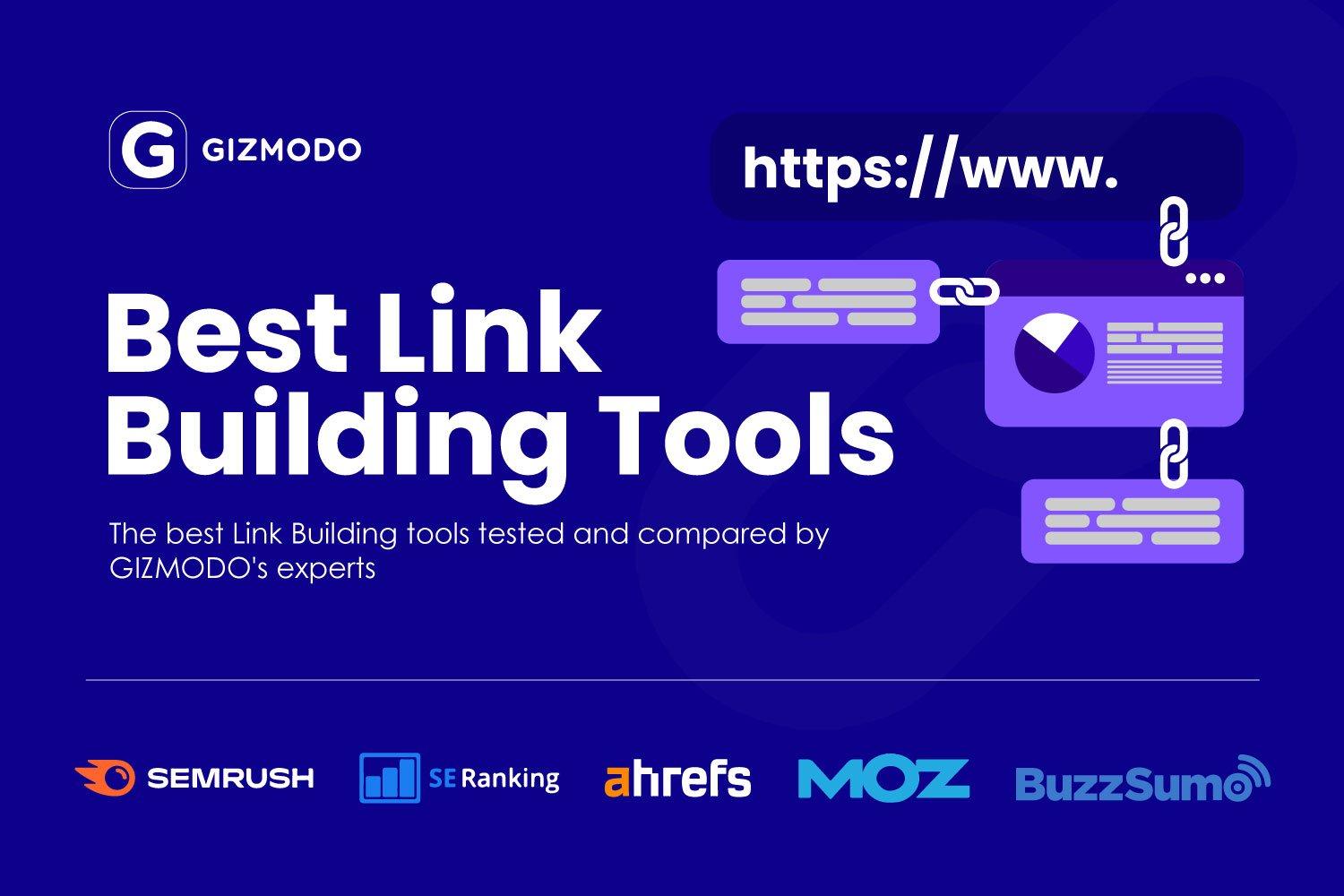
Effective Link Building Tools to Enhance Your Authority
Building a solid link profile is crucial for improving your site’s authority and ultimately boosting your eCommerce rankings. Let’s explore some effective tools that can streamline your link-building efforts and set your online store up for success.
First on the list is Ahrefs. Renowned for its extensive backlink database, Ahrefs enables you to analyze your competitors’ link profiles. You can uncover which websites link to them and why, allowing you to tailor your outreach efforts effectively. With features like site audits and keyword tracking, Ahrefs is an all-in-one solution for your SEO needs.
Another powerful tool is SEMrush. This platform provides a comprehensive suite of SEO tools, including backlink analysis. With SEMrush, you can identify potential link-building opportunities in your niche and assess the authority of those domains. Their outreach tool also helps manage your communication with potential link partners, making the process seamless.
For those who prefer a more community-driven approach, BuzzSumo is a fantastic option. This platform allows you to discover the most shared content in your industry. By identifying popular articles and their backlinks, you can create similar content and reach out to the sites that linked to them. It’s a great way to leverage existing conversations and enhance your link-building strategies.
Don’t overlook Linkody, a tool designed specifically for link tracking. It helps you monitor your backlinks’ health, keeping you informed of any changes or removals. Additionally, Linkody provides insights into your competitors’ backlinks, giving you a competitive edge in your link-building efforts.
If you want to simplify your outreach process, Pitchbox is worth considering. This outreach management tool automates and streamlines your communication with bloggers and site owners. With customizable templates and follow-up reminders, Pitchbox keeps your link-building campaigns organized and efficient.
For a more visual approach, Visualping can be very helpful. This tool monitors specific web pages for changes, allowing you to track competitors’ backlinks or identify new linking opportunities. You can receive instant alerts when a relevant page updates, ensuring you never miss a potential link.
| Tool Name | Key Feature | Best For |
|---|---|---|
| Ahrefs | Extensive backlink database | Competitor analysis |
| SEMrush | Backlink analysis & outreach | Comprehensive SEO |
| BuzzSumo | Content discovery | Community-driven outreach |
| Linkody | Backlink tracking | Monitoring link health |
| Pitchbox | Outreach automation | Streamlined communication |
| Visualping | Page change monitoring | Identifying new opportunities |
Lastly, consider using Hunter.io to find email addresses associated with domains you wish to target. Building a strong email outreach list can significantly improve your chances of securing high-quality backlinks. With Hunter.io, you can verify and organize your contacts, ensuring that your communication is as effective as possible.
Utilizing these tools can significantly enhance your link-building efforts and, in turn, strengthen your online store’s authority. By strategically building links, you’ll pave the way for improved search engine rankings and increased visibility in the competitive eCommerce landscape.

Local SEO Tools to Capture Nearby Customers
To attract customers in your local area, leveraging the right local SEO tools can make all the difference. These tools can help optimize your online presence for local searches, ensuring you capture the attention of customers right in your neighborhood. Here’s a look at some of the best options available.
Google My Business is an essential tool for any local business. By claiming and optimizing your Google My Business listing, you can enhance visibility in local search results and Google Maps. Make sure to complete every section, including your business address, phone number, and operating hours. Regularly updating your profile with current promotions and high-quality images can also increase engagement.
Another powerful tool is Ahrefs. While primarily known for its backlink analysis, Ahrefs also provides features that can help fine-tune your local SEO strategy. Use the Site Explorer to analyze your competitors’ local keywords and identify the opportunities you might be missing.
If you want to keep track of your local rankings, SEMrush offers a fantastic solution. Their position tracking tool allows you to monitor where you rank for specific keywords in your area. This way, you can adjust your strategies accordingly to improve your visibility.
Don’t overlook the power of Yelp. Especially for service-based businesses, having a strong presence on Yelp can drive significant traffic. Encourage satisfied customers to leave positive reviews, and respond promptly to any feedback to build your reputation.
For those looking to manage their online reputation, BuzzStream can help. It allows businesses to engage with customers and influencers, ensuring that your brand remains favorable in local discussions. Building relationships within your community online can lead to increased trust and loyalty.
| Tool | Key Feature | Best For |
|---|---|---|
| Google My Business | Local listing optimization | All local businesses |
| Ahrefs | Backlink analysis | Keyword research |
| SEMrush | Position tracking | Ranking monitoring |
| Yelp | Customer reviews | Service-based businesses |
| BuzzStream | Online reputation management | Community engagement |
Lastly, consider using Local SEO Checklist. This tool provides a step-by-step guide for optimizing your local presence. It covers everything from on-page SEO to off-page strategies, ensuring that you don’t miss any critical steps in your local SEO journey.
By integrating these local SEO tools into your marketing strategy, you’ll be well-equipped to capture nearby customers and drive more foot traffic to your business. Each tool offers unique insights and benefits that can significantly enhance your local visibility, enabling you to connect with customers who are ready to purchase.
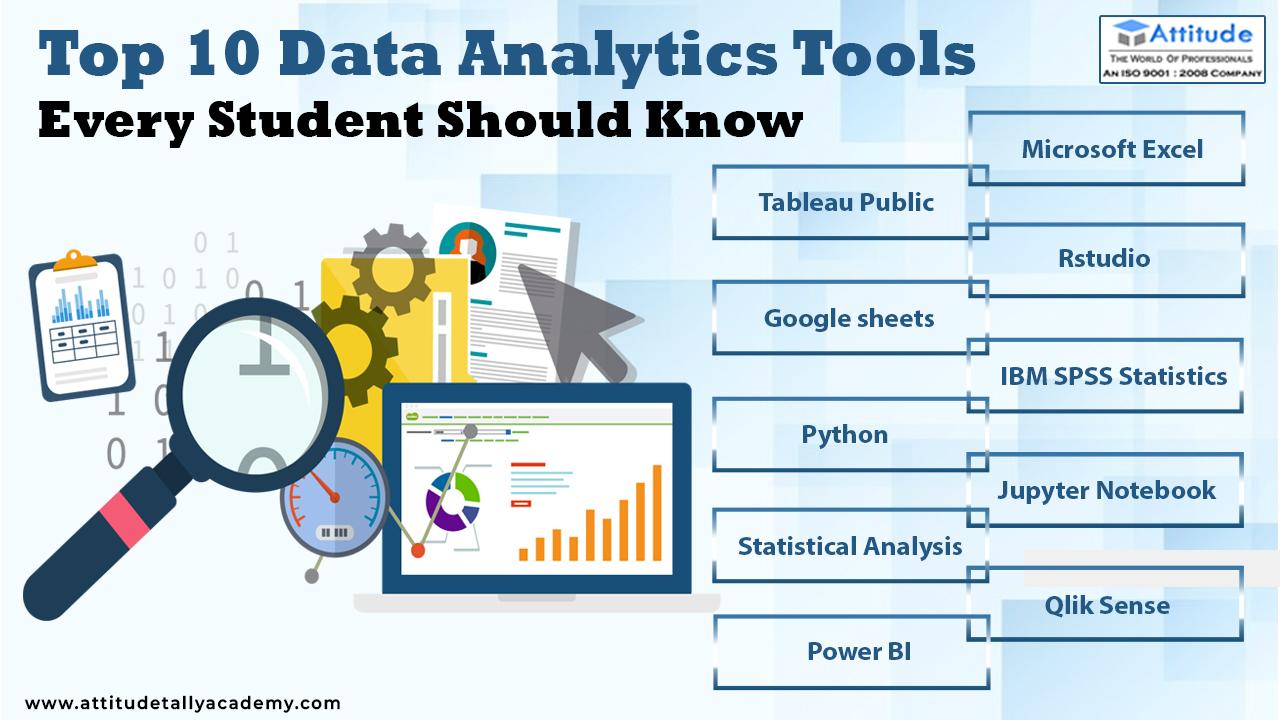
Harnessing Analytics Tools for Data-Driven Decisions
In the fast-paced world of ecommerce, the ability to make informed decisions is paramount. Leveraging analytics tools can transform raw data into actionable insights, guiding your strategies and enhancing your online store’s visibility. With the right tools, you can uncover what drives traffic to your site, optimize product listings, and ultimately improve your rankings on search engines.
One of the most effective ways to harness analytics is through keyword analysis. Tools like SEMrush and Ahrefs provide detailed insights into keyword performance, allowing you to identify the terms your target audience is searching for. By understanding these keywords, you can tailor your content and product descriptions, ensuring you’re speaking directly to your customers’ needs.
Another key aspect is competitive analysis. Platforms such as Moz and SpyFu enable you to explore what your competitors are doing well. You can analyze their keyword strategies, backlink profiles, and top-performing pages, giving you a roadmap to refine your own tactics. By understanding where others succeed, you can carve out your niche and position your online store more effectively.
Don’t overlook the power of website analytics. Google Analytics remains a powerhouse for tracking user behavior, conversion rates, and site performance. By segmenting your audience and monitoring their interactions, you can pinpoint what works and what doesn’t. This data empowers you to make adjustments that enhance user experience and increase conversions.
Incorporating social media analytics is also crucial. Tools like Hootsuite and Sprout Social can provide insights into how your content is performing on various platforms. Understanding engagement metrics can help you refine your marketing strategies, ensuring that you’re reaching your audience where they spend the most time.
Lastly, never underestimate the value of customer feedback analytics. Platforms such as Trustpilot and Yotpo allow you to gather and analyze customer reviews. Insights gained from customer sentiments can guide product development, adjust marketing messages, and enhance overall customer satisfaction, which in turn influences your SEO rankings.
| Analytics Tool | Key Feature | Best For |
|---|---|---|
| SEMrush | Keyword Research | Identifying trending keywords |
| Moz | Link Analysis | Building backlink strategies |
| Google Analytics | User Behavior Tracking | Improving site performance |
| Hootsuite | Social Media Insights | Enhancing social engagement |
| Trustpilot | Review Analytics | Boosting customer satisfaction |
By integrating these analytics tools into your ecommerce strategy, you position your online store for sustained growth and increased visibility. Remember, data is more than just numbers; it’s your strategic advantage in the competitive ecommerce landscape.
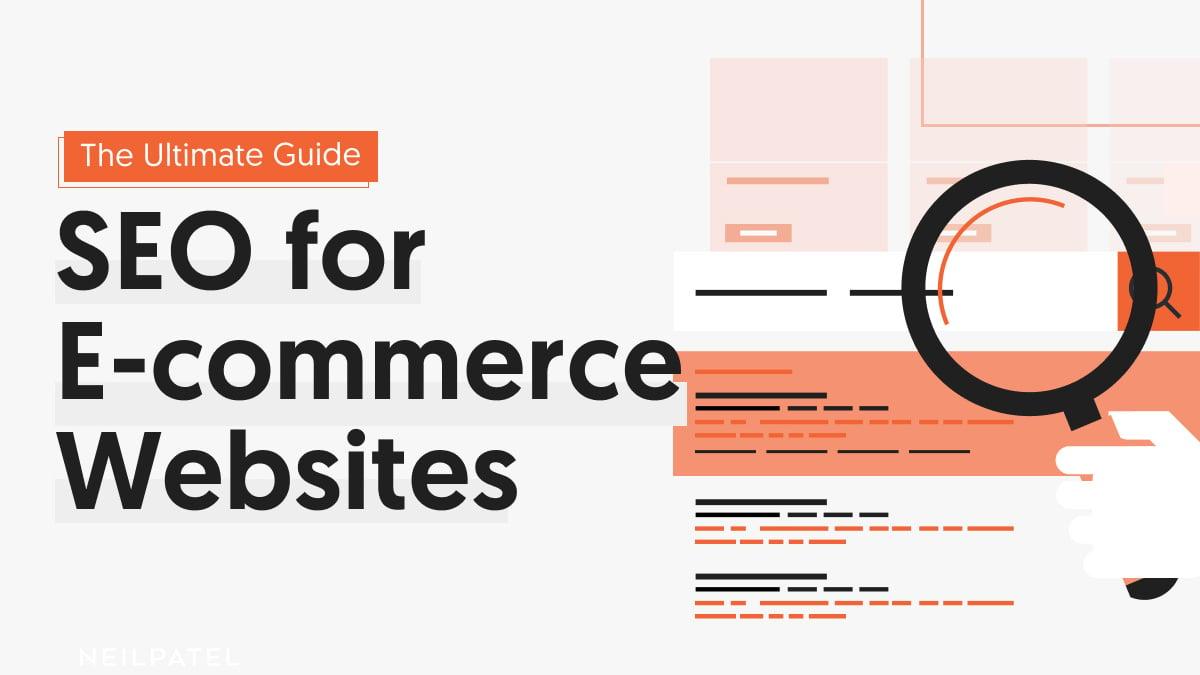
Expert Recommendations for Budget-Friendly Options
When it comes to enhancing your ecommerce SEO efforts without breaking the bank, there are several fantastic tools that offer great value. Here are some expert-recommended options that can help you optimize your store and improve your search rankings while keeping your budget in check.
- Ubersuggest: This tool offers a suite of features, including keyword suggestions, site audits, and competitor analysis—all at a fraction of the cost of similar tools. It’s perfect for those looking to enhance their keyword strategy without heavy investment.
- SEMrush Free Trial: While SEMrush is a premium tool, taking advantage of its free trial can give you access to powerful SEO features for a limited time. Use it to conduct thorough keyword research and analyze your competition before deciding on a full subscription.
- Google Search Console: This free tool is indispensable for any online store. It helps you understand how your site performs in search results, alerts you to issues, and provides insights into which keywords are bringing in traffic.
- Google Analytics: Another no-cost tool, Google Analytics offers extensive insights into user behavior on your website, which can inform your SEO strategy and help you optimize for conversions.
For those who prefer a more hands-on approach, consider utilizing tools like:
- AnswerThePublic: This unique platform helps you discover what questions your potential customers are asking. By targeting these queries in your content, you can drive organic traffic and improve your site’s relevance.
- Yoast SEO (for WordPress users): Yoast provides invaluable on-page SEO optimization features for your WordPress site. Its free version offers essential tools to help you optimize your content effectively.
If you’re looking for a more visual representation of your SEO efforts, consider these additional resources:
| Tool | Key Features | Cost |
|---|---|---|
| Ubersuggest | Keyword tracking, site audit | Free & Paid Plans |
| SEMrush | Site audit, competitor analysis | Free Trial |
| AnswerThePublic | Question research, content ideas | Free |
| Yoast SEO | Content optimization, readability analysis | Free & Premium Version |
With these budget-friendly tools at your disposal, optimizing your online store for search engines becomes not only feasible but also effective. Remember, the key to successful SEO is consistency and a willingness to adapt based on the insights these tools provide. Start small, experiment, and watch your store climb the search rankings!
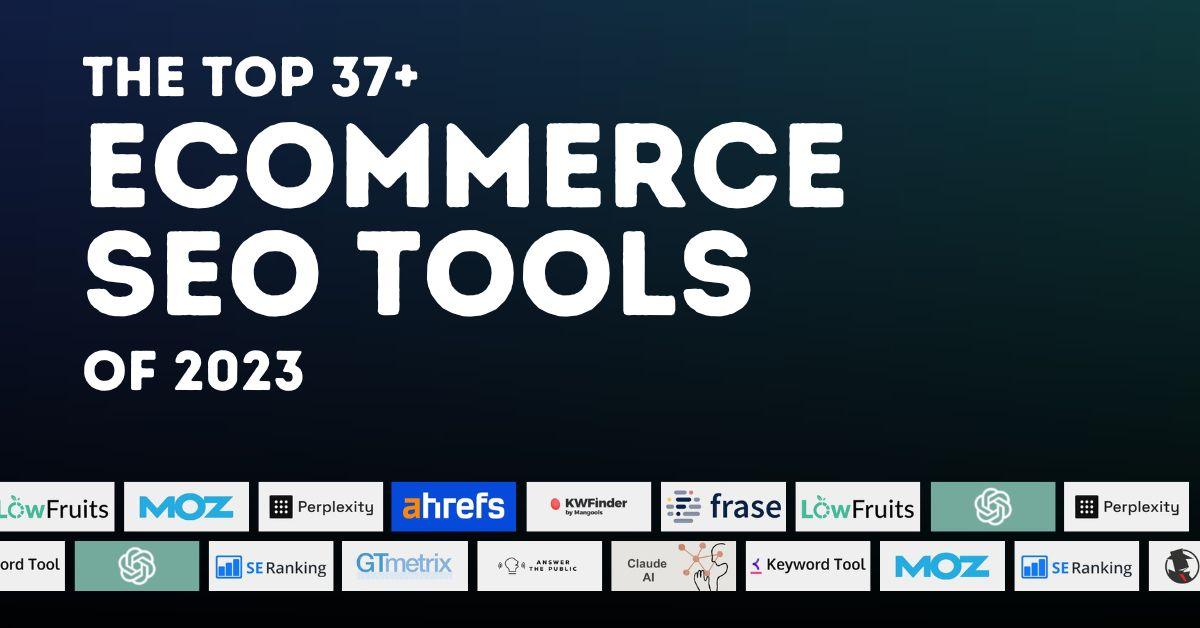
Getting Started: How to Implement These Tools Effectively
Implementing the right ecommerce SEO tools can feel overwhelming at first, but with a structured approach, you can turn them into powerful allies for your online store. To get started effectively, consider the following strategies:
- Define Your Goals: Before diving into tool usage, clarify what you want to achieve. Are you aiming to improve organic traffic, enhance conversion rates, or analyze competitor strategies? Having a clear vision will guide your tool selection and application.
- Choose the Right Tools: Not all tools are created equal. Evaluate your options based on features, ease of use, and pricing. For instance, tools like SEMrush and Ahrefs are great for keyword research, while Google Analytics is essential for tracking performance.
- Integrate Tools into Your Workflow: Make these tools a part of your daily routine. Set aside specific times to analyze data, run reports, or check rankings. Consistency is key to seeing improvement over time.
After choosing the tools that align with your goals, it’s important to understand how to use them effectively:
- Training & Resources: Most tools come with tutorials and support. Take advantage of these resources to familiarize yourself with all features. Consider investing time in webinars or online courses that can deepen your knowledge.
- Regular Monitoring: SEO is not a one-time effort. Utilize the tools to conduct regular audits of your website. This will help identify areas for improvement and keep you ahead of any algorithm changes.
- Utilize Data Insights: The beauty of SEO tools lies in their ability to provide data-driven insights. Use these insights to refine your strategies. For example, if a keyword isn’t performing well, adjust your content or targeting strategy accordingly.
To illustrate the effectiveness of a structured approach, consider the following table that compares various tools based on key features:
| Tool | Key Features | Best For |
|---|---|---|
| SEMrush | Keyword research, site audits, competitor analysis | Established businesses |
| Ahrefs | Backlink tracking, content exploration | Content-focused SEO |
| Google Analytics | User behavior tracking, traffic sources | Performance analysis |
| Yoast SEO | On-page SEO optimization, readability analysis | WordPress users |
do not underestimate the power of community and collaboration. Join forums, participate in discussions, and share experiences with fellow ecommerce entrepreneurs. The collective knowledge can provide you with insights and tips that you might not find in official documentation. Remember, the journey to mastering these tools is ongoing—stay curious, keep learning, and adapt your strategies based on what works best for your unique online store.
Frequently Asked Questions (FAQ)
Q&A: 12 Best Ecommerce SEO Tools to Boost Your Online Store Rankings
Q1: What role do SEO tools play in ecommerce?
A1: Great question! SEO tools are essential for ecommerce because they help you optimize your online store’s visibility on search engines. By using these tools, you can identify keywords that potential customers are searching for, analyze your competition, and track your rankings—ultimately driving more organic traffic to your site. Think of them as your digital navigators guiding you towards online success!
Q2: How do I know which SEO tools are best for my ecommerce store?
A2: It really depends on your specific needs! Look for tools that offer features like keyword research, on-page optimization, and performance tracking. The top 12 tools we’ve highlighted cover various aspects of SEO, catering to different budgets and expertise levels. So whether you’re a newbie or a seasoned pro, there’s something for you!
Q3: Can I use free SEO tools effectively?
A3: Absolutely! Many free SEO tools can provide valuable insights, especially if you’re just starting out. However, as your store grows, you might find that investing in premium tools offers more comprehensive data and features that can significantly enhance your SEO strategies. Think of it as leveling up your game as your business expands!
Q4: What features should I prioritize in an SEO tool?
A4: Look for tools that offer robust keyword analysis, competitor insights, SEO audits, backlink tracking, and reporting capabilities. Features like user-friendly interfaces and customer support can also make a huge difference. Remember, the right tool can simplify your SEO efforts and save you time!
Q5: How often should I use these tools?
A5: Consistency is key! Regularly checking in on your SEO tools—ideally weekly or monthly—will help you stay on top of your rankings and adapt to any changes in the market. SEO is an ongoing process, so make it a part of your routine to keep your store optimized!
Q6: Will using these tools guarantee higher rankings?
A6: While these tools provide valuable insights and guidance, they can’t guarantee top rankings. SEO is influenced by many factors, including content quality, user experience, and competition. However, by utilizing these tools effectively, you’ll definitely improve your chances of ranking higher and attracting more customers!
Q7: Can these tools help with mobile SEO?
A7: Yes! Many of the best ecommerce SEO tools include features specifically designed for mobile optimization. Given that more shoppers are using mobile devices, ensuring your site is optimized for mobile can significantly boost your rankings and enhance user experience. It’s a must in today’s ecommerce landscape!
Q8: Are there specific tools you recommend for beginners?
A8: Absolutely! For beginners, tools like Google Analytics, Ubersuggest, and Moz offer user-friendly interfaces and great starter features. They can help you grasp the basics of SEO without overwhelming you. Once you get the hang of things, you can explore more advanced tools!
Q9: How do I measure the success of my SEO efforts?
A9: Most SEO tools offer analytics and reporting features that allow you to track metrics like organic traffic, keyword rankings, and conversion rates. By regularly reviewing these metrics, you can understand what’s working and where you need to make changes. It’s all about refining your strategy based on data!
Q10: What’s the most important takeaway from using ecommerce SEO tools?
A10: The most important takeaway is that SEO is a marathon, not a sprint. These tools are here to help you navigate that journey more effectively. By consistently using them to inform your strategies, you’ll gradually see improvements in your rankings and traffic, leading to increased sales. So, equip yourself with the right tools and start optimizing today!
Q11: Can I integrate these tools with my current ecommerce platform?
A11: Many of the top SEO tools offer integrations with popular ecommerce platforms like Shopify, WooCommerce, and Magento. This makes it easier to streamline your SEO efforts without disrupting your existing workflow. Check the tool’s compatibility with your platform to ensure a seamless experience!
Q12: What’s the first step I should take to implement these tools?
A12: Start by identifying your primary goals—whether it’s increasing traffic, improving conversion rates, or boosting product visibility. Then, choose a couple of tools from our list that align with those goals. Spend some time getting familiar with their features, and don’t hesitate to explore their tutorials or support resources. Taking that first step is crucial to your ecommerce success!
By leveraging these ecommerce SEO tools, you’re not just optimizing your online store; you’re setting it up for long-term success. So dive in, explore your options, and watch your rankings soar!
Concluding Remarks
And there you have it—our rundown of the 12 best eCommerce SEO tools that can help elevate your online store’s rankings and drive more traffic your way! Whether you’re just starting out or looking to optimize your existing site, the right tools can make all the difference.
Remember, SEO isn’t a one-time task; it’s an ongoing journey. By integrating these tools into your strategy, you’ll not only improve your search visibility but also gain valuable insights into your customers’ behaviors and preferences.
So why wait? Dive in and start exploring these tools today. You’ll be amazed at how a little SEO magic can transform your online store into a thriving hub of activity. If you found this article helpful, don’t hesitate to share it with fellow entrepreneurs or drop us a comment below with your favorite SEO tool. Here’s to your success in the eCommerce world—let’s make those rankings soar!




